Damianita Plant Info - Tips For Landscaping With Damianita Daisies
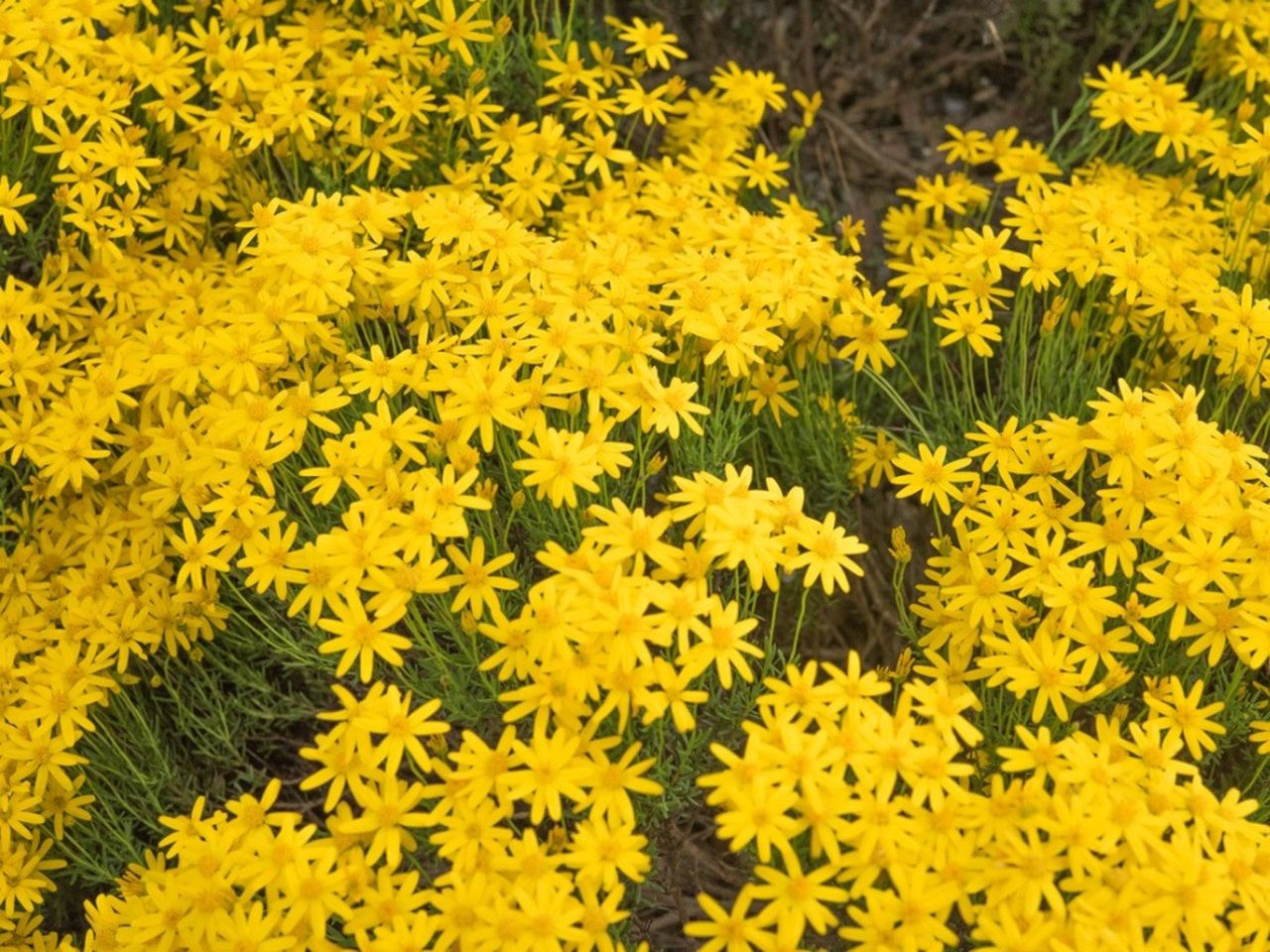
More and more gardeners are looking to plants that are drought tolerant, which brings us to landscaping with Damianita daisies. Read on for info about Damianita daisy care.
What are Damianita Daisies?
Damianita daisies are small evergreen shrubs that grow to a foot (30 cm.) or so in height and the same across. Highly aromatic the plant is covered with medium to dark green fine foliage and blooms from spring through September with brilliantly hued yellow blossoms.
Damianita Plant Info
Damianita daisies (Chrysactinia mexicana) are native to Mexico, Texas and New Mexico. The first syllable of the genus name, “chrys” means golden, which is indicative of the bloom color.
Damianita was used by Native Americans for medicinal purposes and as an aphrodisiac, but today Damianita flower growing is primarily for its extreme drought tolerance and long lasting blooms. The plant has a deep many-branched tap root which accounts for its drought tolerance.
If any part of the plant is crushed or bruised, Damianita exudes a pungent aroma which arises from orange oil glands. Purportedly, this intense scent keeps Damianita from being eaten by deer.
Damianita Flower Growing
Damianita daisies are easy to grow and are hardy to 0 F (-18 C). They have become increasingly popular landscape specimens not only in their native climates but in Arizona and California as well.
They thrive in arid regions, in full sun and are tolerant of inhospitable soils. On the whole, these daisies are extremely resilient and durable choices for difficult landscaping.
Gardening tips, videos, info and more delivered right to your inbox!
Sign up for the Gardening Know How newsletter today and receive a free download of our DIY eBook "Bring Your Garden Indoors: 13 DIY Projects For Fall And Winter".
A compact plant, Damianita can be used in mass plantings or in small spaces such as courtyards or along walkways. It is also useful as a ground cover plant or border plant.
Damianita Daisy Care
Once established, Damianita is a low maintenance plant. If the plant becomes woody, it can be pruned back quite severely in the early spring.
Damianita propagates by self-sowing or softwood cuttings taken in the summer.
Avoid “wet feet,” or growing the plant in areas with poor drainage. Otherwise with minimal care, Damianita daisies make excellent aromatic bloomers for use in the toughest landscaping situations.

Amy Grant has been gardening for 30 years and writing for 15. A professional chef and caterer, Amy's area of expertise is culinary gardening.
-
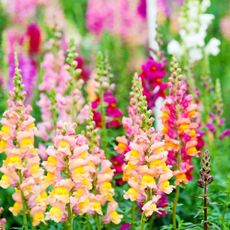 Sow These 5 Flower Seeds Before Winter Ends For Gorgeous Spring Blooms
Sow These 5 Flower Seeds Before Winter Ends For Gorgeous Spring BloomsGet a headstart on a vibrant spring garden with these fast-growing flowers. Sow them in the cold winter months to ensure an abundance of early-season color.
By Melanie Griffiths
-
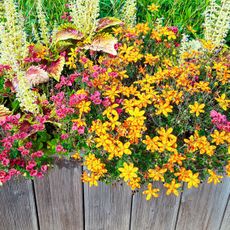 Ultimate Raised Beds For Small Gardens: Try These 5 Raised Options For Compact Corners
Ultimate Raised Beds For Small Gardens: Try These 5 Raised Options For Compact CornersThe perfect raised beds for small gardens squeeze every bit of useful space out of the most productive corners. Here are some practical space-saving ideas you can try
By Mary Ellen Ellis
-
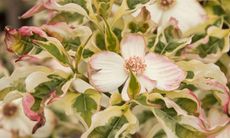 20 Hard-to-Find Spring Flowers & Plants That Look Amazing All Season
20 Hard-to-Find Spring Flowers & Plants That Look Amazing All SeasonIt’s finally beginning to look like spring! If you’re eager to find some unique, hard-to-find varietals to satisfy your spring fever, look here first.
By Caroline Bloomfield
-
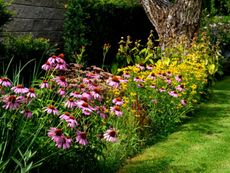 How Wildflower Strips Help Attract Pollinators To Your Yard
How Wildflower Strips Help Attract Pollinators To Your YardIf you have a small garden spot or strip available, fill it with wildflowers for our hungry pollinators. Click to learn more.
By Tonya Barnett
-
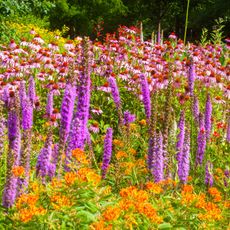 10 Knockout Native Flowers To Add A Punch Of Color To Your Garden
10 Knockout Native Flowers To Add A Punch Of Color To Your GardenGrowing native is the way to go. See our list of ten native wildflowers that will knock you out with color.
By Amy Grant
-
 Pretty Plants For A Pastel Flower Bouquet
Pretty Plants For A Pastel Flower BouquetRoses aren’t the only romantic flower. Some romantic pastel flowers can fill in beautifully.
By Tonya Barnett
-
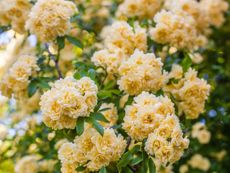 Soft Yellow Plants For A Sunny Pastel Garden
Soft Yellow Plants For A Sunny Pastel GardenClick here for ideas on some pale yellow flower varieties for pastel garden designs.
By Tonya Barnett
-
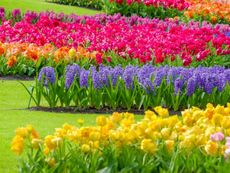 Most Common Flower Color In The World
Most Common Flower Color In The WorldWhat are the most common and least common flower colors in the world? Click here to find out.
By Mary Ellen Ellis
-
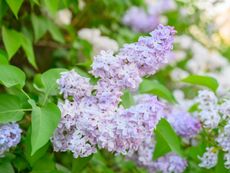 Pastel Plants For A Lovely, Light Purple Flower Garden
Pastel Plants For A Lovely, Light Purple Flower GardenClick here for ideas on some light purple plants for a pretty, pastel garden display.
By Tonya Barnett
-
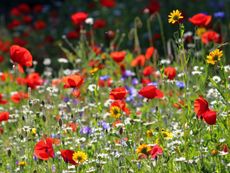 Plant Wildflower Seeds In Fall for A Stunning Spring Display
Plant Wildflower Seeds In Fall for A Stunning Spring DisplayCan you plant wildflower seeds in fall? What makes fall the best time to sow wildflower seeds? Click here for more.
By Tonya Barnett